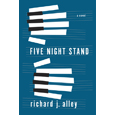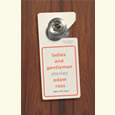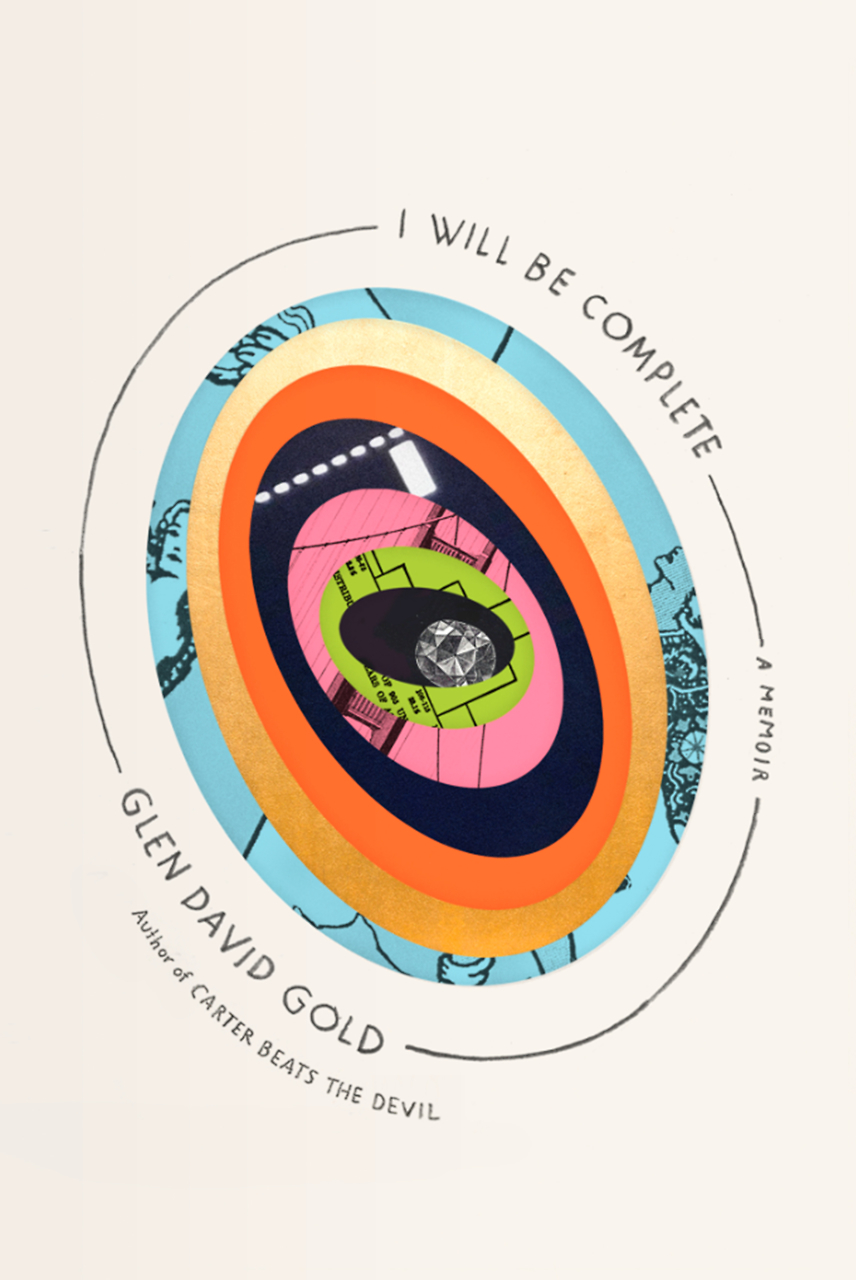Testing Positive for Hope
Gregory Boyle offers a lifeline to gang members in Los Angeles
In Gregory Boyle’s bestselling 2010 book, Tattoos on the Heart, the Jesuit priest and founder of Homeboy Industries demonstrates the power of compassion to change lives—even the most tragically hardened lives. In his latest book, Barking to the Choir, Boyle highlights another central tenet of the rehabilitation program in Los Angeles to which he has devoted three decades of his life: the importance of kinship.
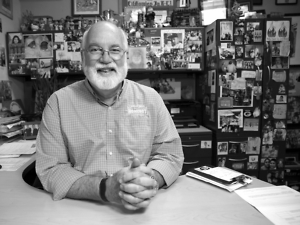
Under Boyle’s oversight, Homeboy Industries has grown into the largest gang-intervention, rehab, and reentry program in the world. A quotation from theologian Richard Rohr serves as the organization’s unofficial slogan: “If we do not transform our pain, we will most assuredly transmit it.” The goal of Homeboy Industries is to provide a safe place where the most lost, hopeless, and pain-filled people can be loved and supported into a new kind of life, primarily through what Boyle calls “the Holy Trinity—Recovery, Meds, and Therapy.”
The transformations he describes seem truly miraculous. In story after heartbreaking story of real-life gang members, Boyle describes young people betrayed by absolutely all the adults in their lives. He writes, “Every single homie who walks through our doors brings with him or her a storehouse of unspeakable acts perpetrated against them, from torture, abuse, and violence to abandonment, neglect, and terror. When homies are finally ready and able to tell their stories, they can claim that pain and take control of it. It would be hard to overstate the courage this requires or the time this kind of journey takes.” Boyle and the other staff members at Homeboy—most of whom are graduates of its programs—are in it for the long haul. They refuse to give up on even the most difficult cases.
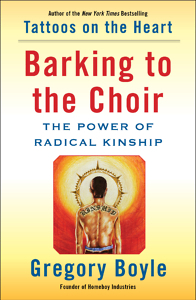 Boyle quotes extensively from his favorite writers (Hafez, James Baldwin, Mary Oliver), theologians (the Dalai Lama, Julian of Norwich, Thich Nhat Hahn) and heroes (Cesar Chavez, Dorothy Day, Desmond Tutu). His straightforward prose is filled with often counter-intuitive statements about God’s unconditional love for the most flawed human beings, about the power of acceptance, compassion, and kinship to save lives. Boyle’s spiritual roots lie in the teachings of St. Ignatius of Loyola, who believed it’s possible to see God in all things, especially in other human beings. For Boyle, “every moment is an invitation to recognize our interconnectedness,” especially in the juvenile halls, county jails, and probation camps he routinely visits.
Boyle quotes extensively from his favorite writers (Hafez, James Baldwin, Mary Oliver), theologians (the Dalai Lama, Julian of Norwich, Thich Nhat Hahn) and heroes (Cesar Chavez, Dorothy Day, Desmond Tutu). His straightforward prose is filled with often counter-intuitive statements about God’s unconditional love for the most flawed human beings, about the power of acceptance, compassion, and kinship to save lives. Boyle’s spiritual roots lie in the teachings of St. Ignatius of Loyola, who believed it’s possible to see God in all things, especially in other human beings. For Boyle, “every moment is an invitation to recognize our interconnectedness,” especially in the juvenile halls, county jails, and probation camps he routinely visits.
In Boyle’s world, such radical inclusion is only possible for those who attempt to see others as God sees them, trading self-righteousness for humility and tapping into their own pain. This path isn’t easy. Boyle, a cancer-survivor, has buried more than 200 young men and women killed by gang violence. His friends include both the dead and those who brought about their deaths. Still, he believes, “The ultimate measure of health in any community might well reside in our ability to stand in awe at what folks have to carry rather than in judgment at how they carry it.”
The answer to despair is hope. “Hopeful kids don’t join gangs,” Boyle writes. “Gang involvement is about a lethal absence of hope. No kid is seeking anything when he joins a gang, he’s always fleeing something. There are no exceptions.” When Boyle asks a program candidate whether his drug test will come back clean, the young man’s answer explains Boyle’s calling: “All I have in my system is hope. I will test positive for that.”

A graduate of Auburn University, Tina Chambers has worked as a technical editor at an engineering firm and as an editorial assistant at Peachtree Publishers, where she worked on books by Erskine Caldwell, Will Campbell, and Ferrol Sams, to name a few. She lives in Chattanooga.
